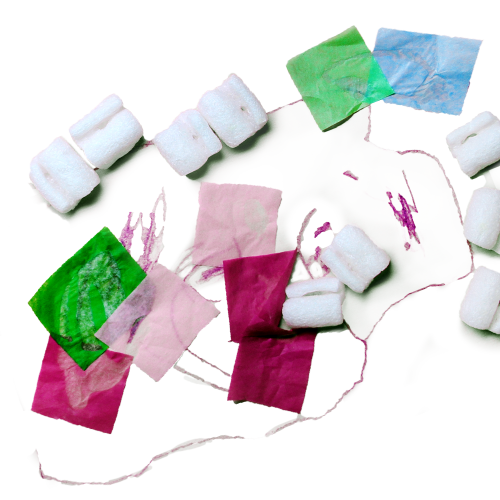SETA Head Start strives to build strong social-emotional skills in our children and to guide them to meet the expectations to develop positive relationships, respect the rights of others, and recognize how to behave safely. SETA staff build relationships with every child and his/her family by creating environments that are supportive and by using positive teaching strategies.
Classroom Activities
Everyday classroom routines and activities promote mental health. SETA Head Start implements The Teaching Pyramid approach which provides a systematic framework that promotes social and emotional development, provides support for children’s appropriate behavior, prevents challenging behavior, and addresses problematic behavior. Teaching Pyramid is based on evidence-based practice originally developed by the Center on the Social Emotional Foundations in Early Learning (CSEFEL), authorized by California Department of Education (CDE), and aligned with California’s Early Learning and Development System.
Classroom strategies include visual schedules, emotional literacy, expectations and problem solving solution kits. Positive descriptive acknowledgement is used to focus on children’s strengths. This is done in the context of building positive relationships and supportive environments.

Screening and Assessment
Behavior screening is completed within the first 45 days of each child’s enrollment into the SETA Head Start program using the ASQ-SE. (Ages & Stages Social Emotional). Use of standardized screening and assessment tools, child observations and parent and teacher interviews are employed in the assessment process.
Intervention Specialists
Each center based classroom as well as each Home Based Home Visitor is partnered with an Intervention Specialist. They observe classrooms within their region to determine any triggers that can be causing behaviors as well as provide strategies to assist in managing behaviors. Intervention Specialists model strategies that support developmental needs; including integration of IEP and IFSP goals. They provide coaching in all classrooms in their region, even if there are no children with referrals in that classroom. As the facilitator of the Positive Behavior Support Plans, they work in partnership with parents at the Child Success Team Meetings. The home based intervention team observes the children in their home environment and connects families to community resources and services.

